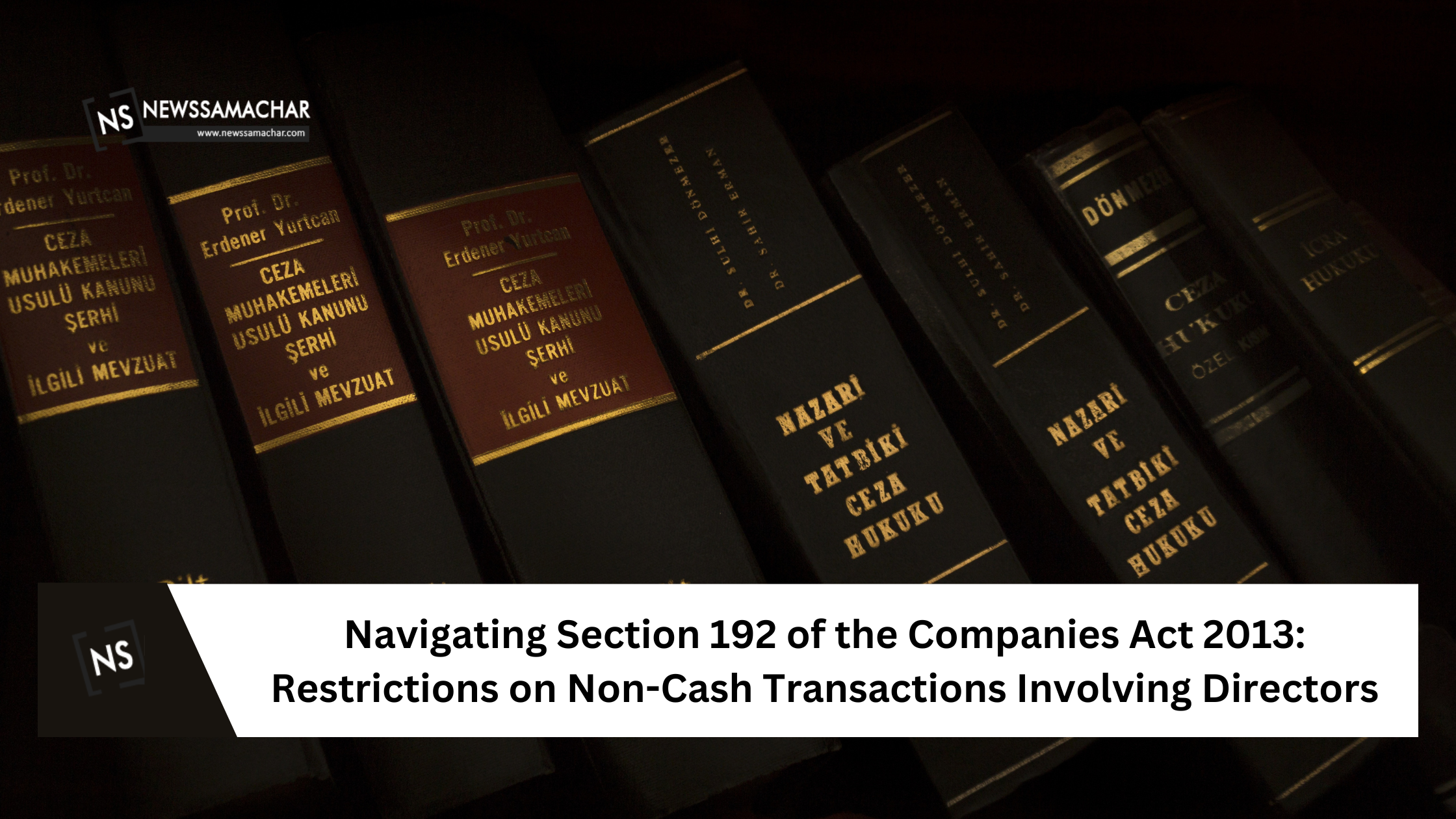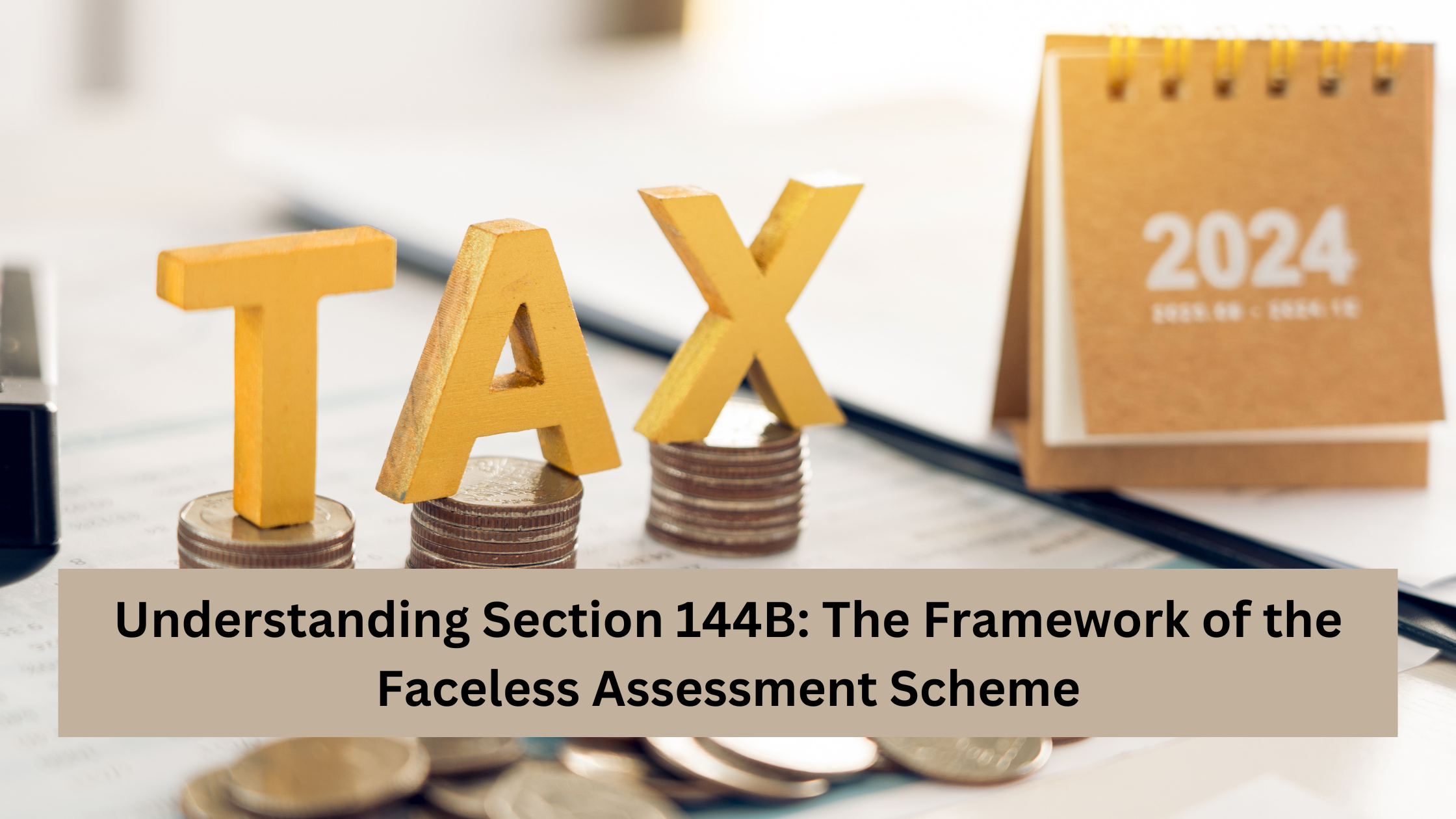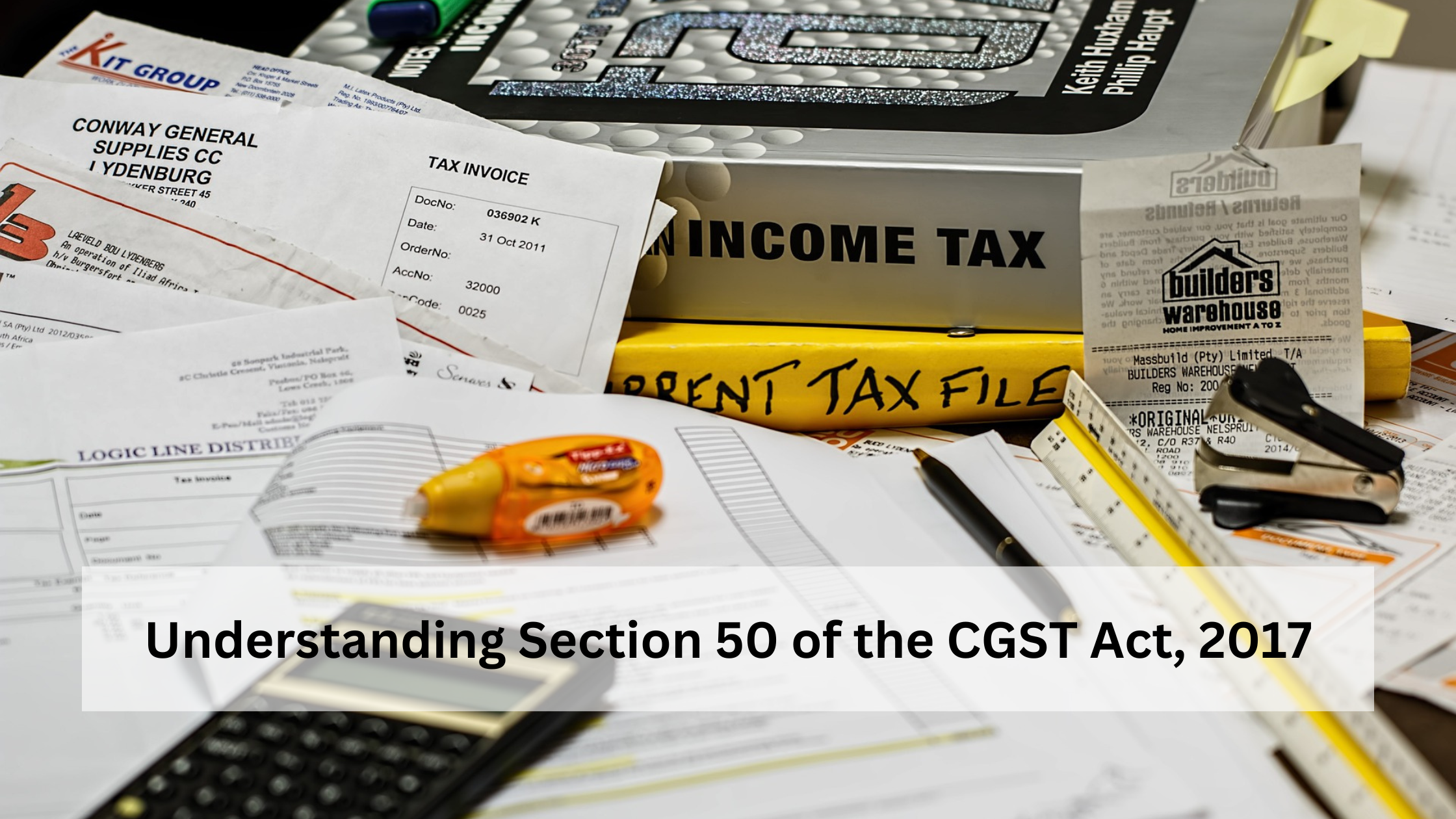Section 192 of the Companies Act 2013 plays a crucial role in regulating transactions between a company...
Law
Legal News & Updates on Law
The Faceless Assessment Scheme under Section 144B of the Income Tax Act is a significant reform in...
Section 53 of the Insolvency and Bankruptcy Code (IBC) outlines the distribution of assets upon the liquidation...
The Central Goods and Services Tax (CGST) Act, 2017, is a cornerstone of India’s comprehensive tax reform...
Probate is a legal procedure that frequently occurs after an individual passes away, encompassing the allocation of...









